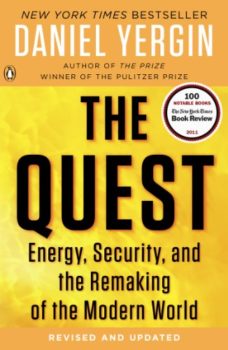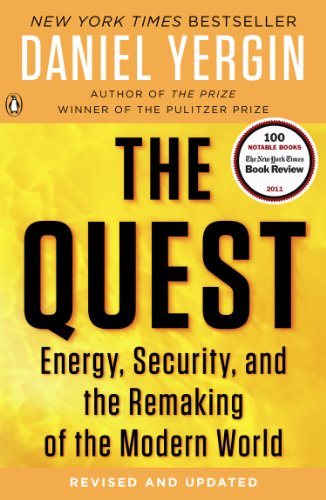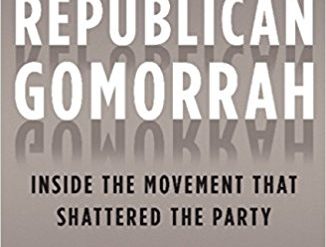
Some two centuries ago a profound economic shift upset the traditional relations of East and West. With the advent of the Industrial Revolution, Western Europe and the United States began to overtake the great civilizations of China and India, the planet’s wealthiest and most sophisticated societies throughout most of recorded history. Now those two centuries of increasing imbalance are coming to an end, as Daniel Yergin observes in his brilliant new book about energy issues.
Estimated reading time: 4 minutes
the result of the combined effects of five centuries of globalization beginning with Columbus; advances in transportation and communication in the 19th and 20th Centuries; the rapid spread of literacy, especially in the years following World War II; and major improvements in healthcare, which dramatically extended life expectancy across the globe. As the 21st Century continues to unfold, we may yet see today’s wealthiest economies — those of Europe and the United States — fall behind the Asian giants, as they tap the potential of billions of increasingly healthy, well-educated citizens.
The Quest: Energy, Security, and the Remaking of the Modern World by Daniel Yergin ★★★★★
This tectonic shift in geopolitical relations lends great urgency to energy politics today. The rise of the East is as great a factor in the sourcing and distribution of energy resources as climate change. Both factors loom large in economic researcher Daniel Yergin‘s superb new book about energy issues, The Quest: Energy, Security, and the Remaking of the Modern World.
In 1991 Yergin published The Prize: The Epic Quest for Oil, Money, and Power, which gained the #1 spot on the New York Times nonfiction best-seller list, won the Pulitzer Prize, and established his firm, Cambridge Energy Research Associates, as the country’s most sought-after voice on energy issues. Two decades later, The Quest broadens and updates the earlier book, relating the monumental changes in energy markets wrought by technological innovation, historic geopolitical shifts, and our changing views of energy and climate.
Three fundamental questions
“Three fundamental questions shape this narrative,” Yergin writes in the introduction. “Will enough energy be available to meet the needs of a growing world, and at what cost, and with what technologies? How can the security of the energy system on which the world depends be protected? What will be the impact of environmental concerns, including climate change, on the future of energy — and how will energy development affect the environment?”
Approaching the topic more specifically, he asks, “Will resources be adequate not only to fuel today’s $65 trillion global economy but also to fuel what might be a $130 trillion economy in just two decades? To put it simply, will the oil resources be sufficient to go from a world of almost a billion automobiles to a world of more than two billion cars?” Later the author emphasizes the significance of this question: “Despite growth in emerging markets, one out of every nine barrels of oil used in the world every day is burned as motor fuel on American roads.”
An immersion course in the politics of energy
The Quest is a big book, gushing with information. Yergin surveys virtually every significant aspect of energy in today’s world. He touches on every energy source, every significant energy-related technological development of recent decades, and every major location of energy resources, and he briefly relates the history of each element. For a nonspecialist, The Quest is an immersion course in the nature and politics of energy. It’s fascinating.
Ever the dispassionate analyst, Yergin treats highly controversial issues with a simple, fact-based approach. However, despite its ill treatment by much of the oil industry, he takes on the issue of global climate change in detail and with dead seriousness, leaving little doubt that the more rational leaders in the energy sector have no question about the potential world-changing effects of rising global temperatures.
But Daniel Yergin is no pessimist. Tackling the issue of “peak oil,” for example, he says, “the world is clearly not running out of oil. Far from it. The estimates for the world’s total stock of oil keep growing.”
For related reading
See Private Empire: ExxonMobil and American Power by Steve Coll (The truth about ExxonMobil (it ain’t pretty)).
Like to read books about business? Check out My 10 favorite books about business history.
If you enjoy reading nonfiction in general, you might also enjoy:
- Science explained in 10 excellent popular books
- Great biographies I’ve reviewed: my 10 favorites
- Top 10 nonfiction books about politics
And you can always find my most popular reviews, and the most recent ones, plus a guide to this whole site, on the Home Page.


























